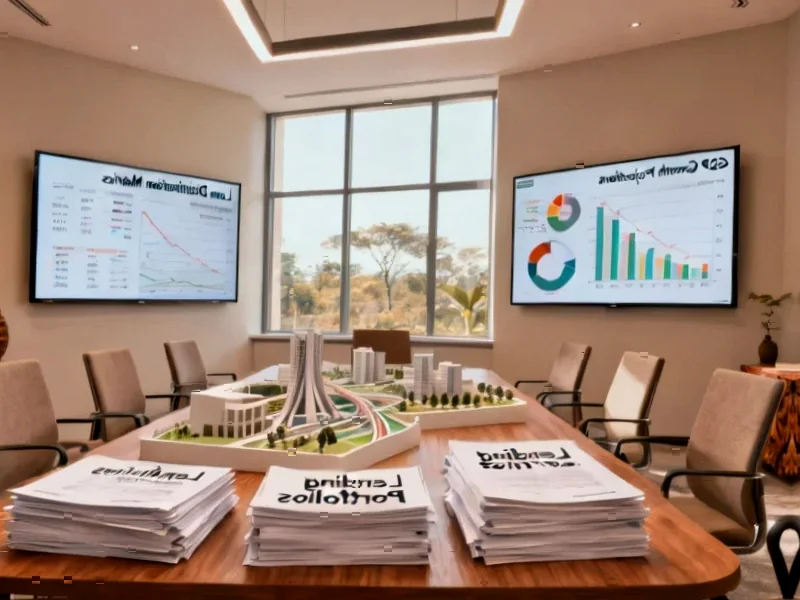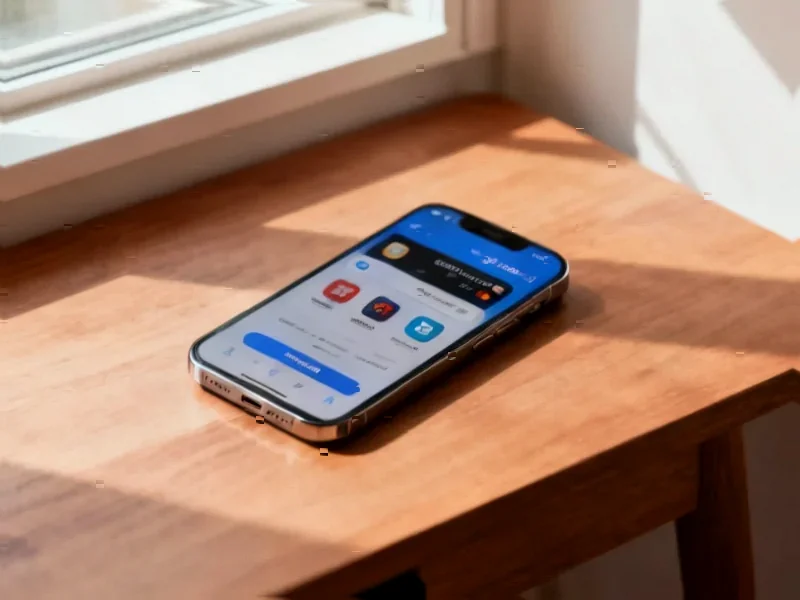According to Ars Technica, Google and Epic Games have reached a settlement that caps Play Store fees at either 20% or 9% depending on transaction type, down from the current 15-30% structure. The agreement requires Google to implement new support for third-party app stores in the next Android version, with these changes supported globally through at least June 2032. Google’s Android chief Sameer Samat and Epic CEO Tim Sweeney announced the deal on November 4th, with billing changes potentially rolling out by late this year and app store support arriving around June 2025 with Android 17. The settlement still needs approval from US District Court Judge James Donato, but it represents a major shift from Google’s previous legal strategy of appealing to the Supreme Court.
What the new fee structure actually means
So here’s where it gets interesting. The 20% fee applies to purchases that give players “more than a de minimis gameplay advantage” – think power boosts, loot boxes, anything that changes game outcomes. Basically, if it affects gameplay meaningfully, Google takes 20%. The 9% rate covers most other microtransactions. But there’s a catch: if developers use Google’s billing system, they’ll still pay an additional 5% commission on top of these rates. And Google can charge service fees for third-party billing too. It’s not exactly the fee-free paradise some developers might have hoped for, but it’s definitely better than the old 30% take rate.
The real game-changer: third-party app stores
Now this is where things get really significant. Google has to create a system for “Registered App Stores” that can be installed with one click from websites – no scary security warnings, no complicated sideloading process. Tim Sweeney calls this “genuinely doubling down on Android’s original vision as an open platform,” and he’s not wrong. These registered stores will supposedly get similar capabilities to the Play Store itself, including the ability to update apps automatically without user intervention. That’s huge for competing app stores that have always been second-class citizens on Android.
But here’s the thing: Google still maintains control. They can create “reasonable requirements” for certifying these app stores and charge fees for the review process. Sameer Samat emphasizes this keeps users safe while increasing choice. The question is whether those requirements will be truly reasonable or become another way to maintain Google’s dominance. We won’t know until we see the actual implementation in Android 17 next year.
Why this matters beyond Epic vs Google
This settlement isn’t just about one company’s fight against app store fees. It sets a precedent that could ripple across the entire mobile ecosystem. We’re talking about changes that are guaranteed through 2032 – that’s nearly a decade of stability for developers planning their business models. And since these changes apply globally rather than just in the US, it affects billions of Android users worldwide.
For hardware manufacturers and businesses that rely on custom software solutions, this opens up new possibilities. Think about industrial applications where companies need specialized app distribution – suddenly they can create their own registered app stores without jumping through endless hoops. When it comes to industrial computing solutions that require reliable, specialized software deployment, having streamlined app store options could be transformative for many businesses.
The bottom line? Google avoided a potentially worse outcome from continued litigation, Epic got most of what it wanted, and Android just became a much more open platform. Whether that openness leads to real competition or just new forms of Google control remains to be seen. But one thing’s clear: the mobile app world is about to get a lot more interesting.




